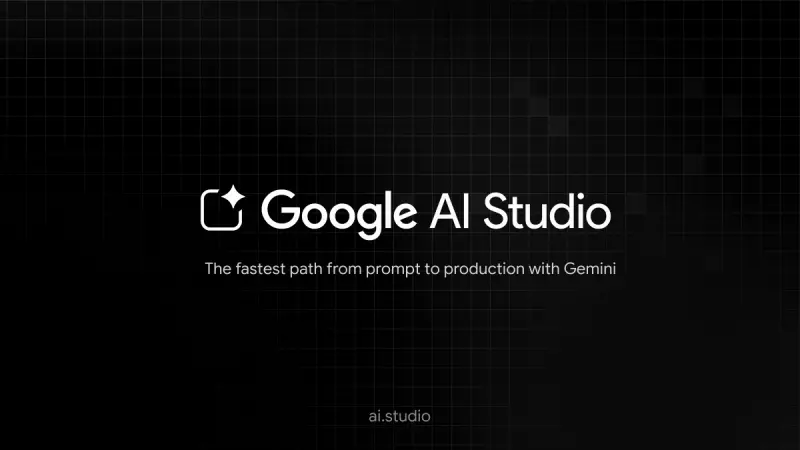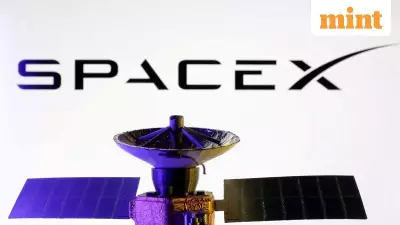
In a surprising move that's sent ripples through the tech community, Google has taken down its Gemma artificial intelligence model from AI Studio. The decision came swiftly after a formal complaint reached the desk of none other than Google CEO Sundar Pichai himself.
The Complaint That Triggered Action
The controversy centers around allegations of trademark infringement, though specific details about the complainant remain undisclosed. What's clear is that the matter was serious enough to warrant immediate attention from Google's highest leadership levels.
Industry insiders note that the speed of Google's response indicates the sensitivity of the situation. When a complaint letter lands directly with the CEO of one of the world's largest tech companies, it's bound to trigger rapid corporate action.
What Was Gemma AI?
Gemma represented Google's latest foray into the competitive AI landscape, positioned as a significant offering within their AI Studio platform. The model was designed to compete with other leading AI systems, offering advanced capabilities for developers and businesses.
Its sudden removal leaves many questions unanswered about the future of Google's AI strategy and how the company will address the underlying trademark concerns.
Broader Implications for AI Industry
This incident highlights the growing legal complexities in the rapidly evolving artificial intelligence sector. As tech giants race to develop and deploy new AI models, trademark disputes and intellectual property challenges are becoming increasingly common.
The Gemma situation serves as a cautionary tale for AI developers about the importance of thorough trademark research before launching new products.
Google has yet to release an official statement about whether Gemma will return to AI Studio or if the company plans to rebrand the technology under a different name. The tech world watches closely as this drama unfolds, wondering what it means for the future of AI development and corporate responsibility in the digital age.





